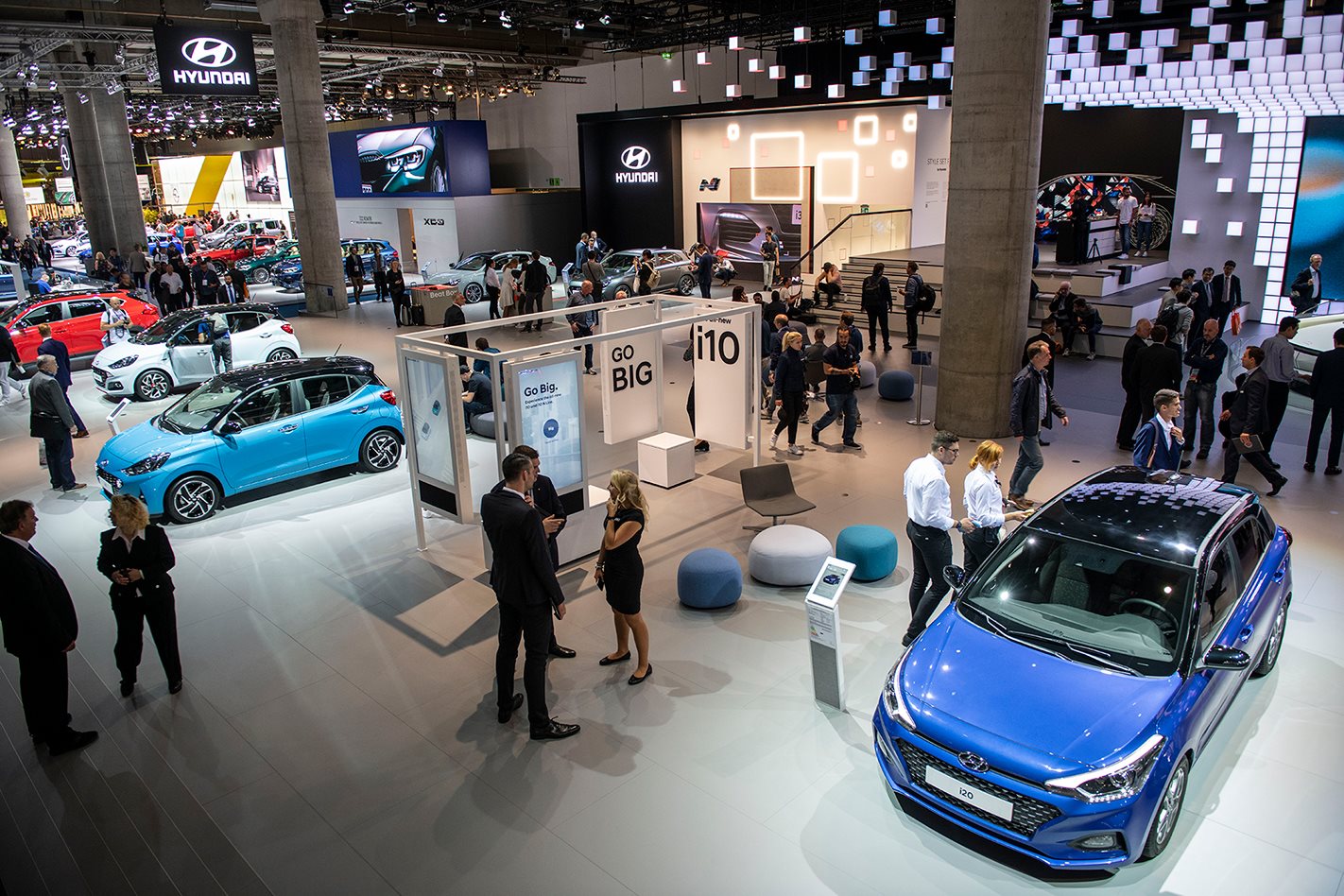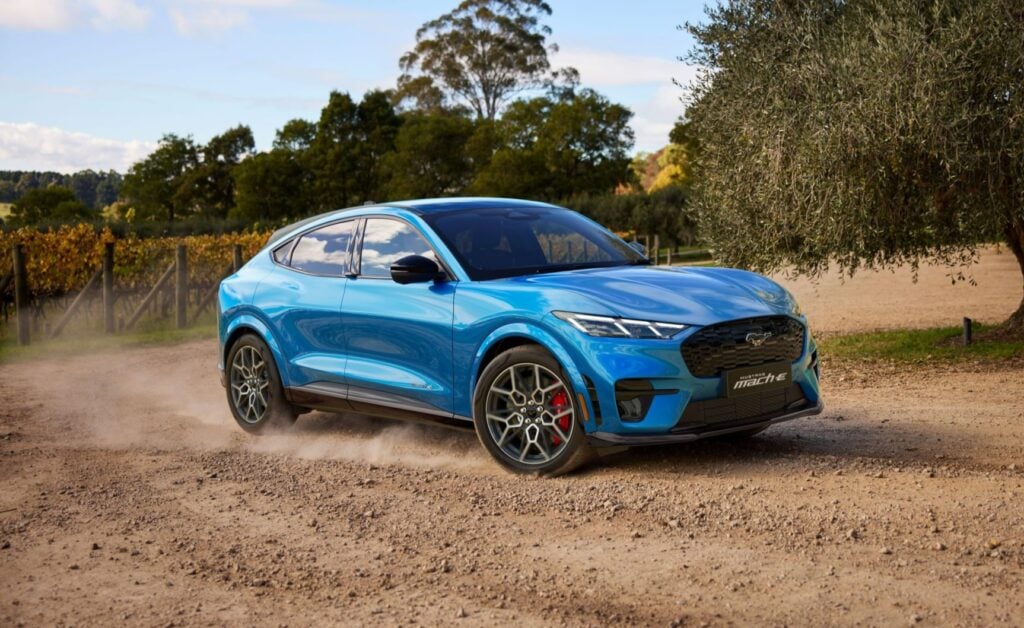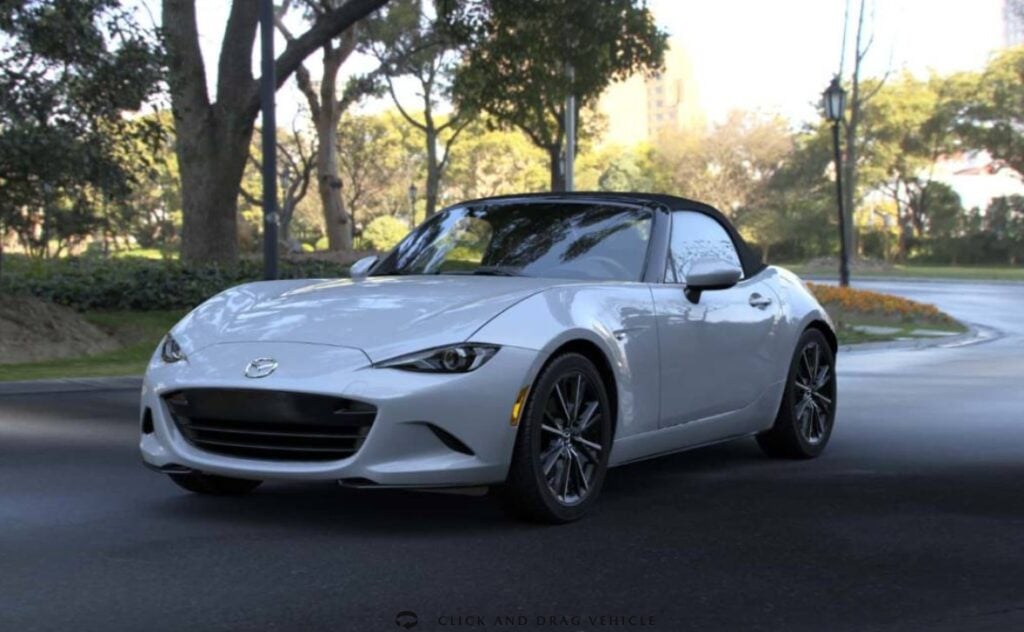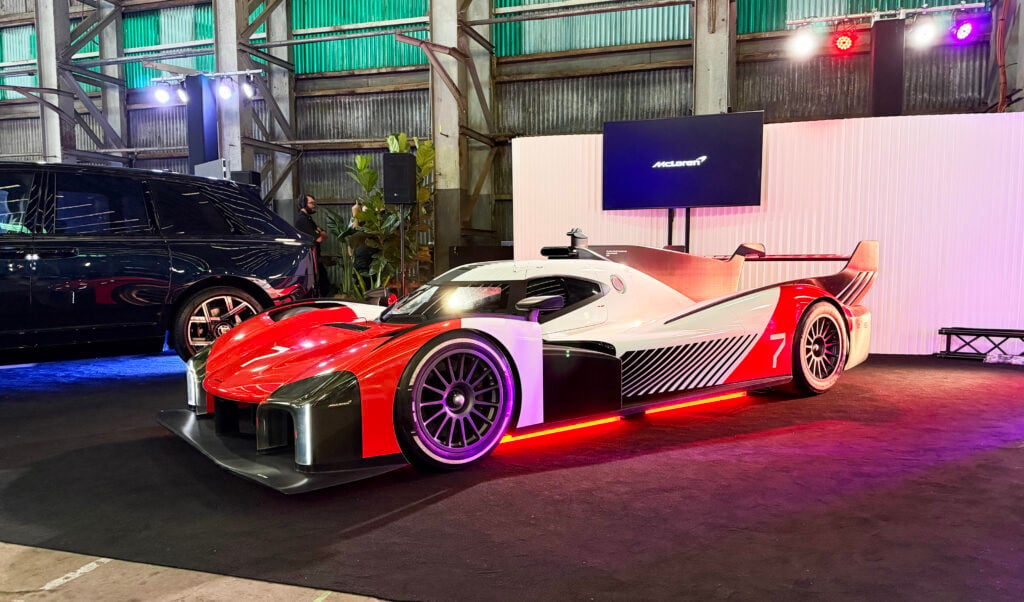The ‘international’ motor show as we know it may not be clinically dead, but its complexion is a sickly pallor, and its pulse erratic.
Shock news out of Europe late last week confirmed that the 2020 Geneva Motor Show had been cancelled amid coronavirus pandemic fears. Speculation suggests the event may not return from its sudden and unexpected hiatus.
In this fast-moving world where so much information has never been so quickly or extensively shared, and where billions of car enthusiasts around the world can view new releases on large, high-def displays, or via social media platforms, perhaps it was inevitable that the largely static spectacle of shiny cars parked in vast halls would become a casualty.
Australia’s motor show died way back in 2008, when the 2009 Sydney event was cancelled in the wake of the GFC and falling attendances. An effort to merge Sydney and Melbourne shows never found sustainable traction.
Now, what was once one of the world’s blue-chip automotive showcase events, the Frankfurt motor show, held in the German city since 1951, is no more.
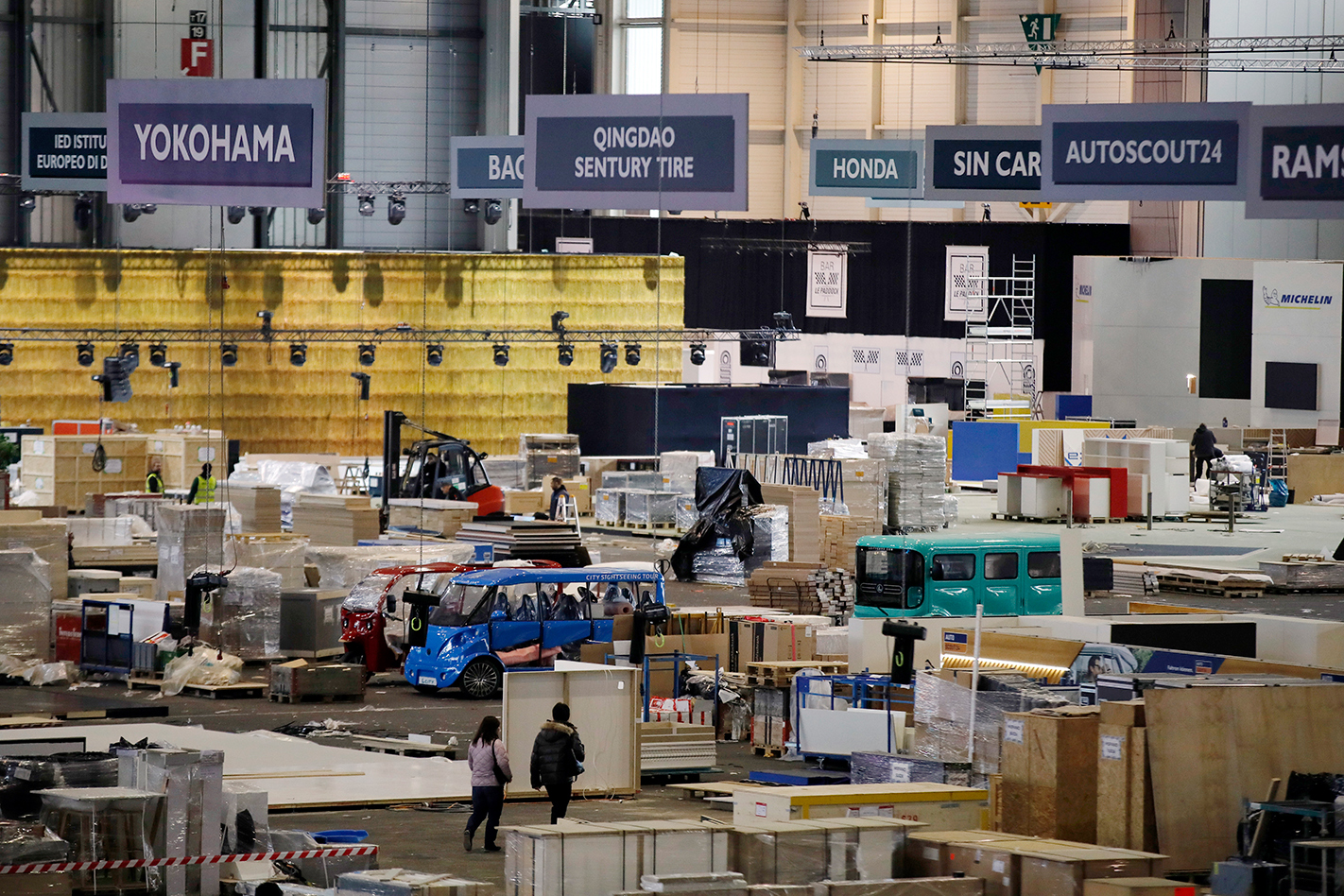
At Frankfurt, cars (and motorcycles) are shown in odd-number years; commercial vehicles in even years. The VDA (organising group Verband der Automobilindustrie, or German Automotive Industry Association) has pulled the plug on the odd-years event.
Frankfurt was in crisis when the likes of Toyota, Peugeot Renault, Nissan, Fiat, and Ferrari pulled out well in advance, and the event found itself on even shakier ground when attendance figures came out: down 31 percent in 2019, and a slump of 40 percent this decade. Attendance peaked back in 2007, with around one million visitors. In 2019, that figure was well under 600,000.
But this isn’t to say that Germany will no longer host an international show. What’s dead, actually, is Frankfurt as the host city. VDA solicited hosting bids, received seven tenders, and will decide between Berlin, Munich and Hamburg.
“That doesn’t mean the good times will return in a different city,” one industry observer suggested to Wheels.
The longer-term fortunes of major international motor shows sure weren’t helped when, in 2018, Volkswagen’s global chairman Herbert Diess stated: “Motor shows are dead.”
He described the events as “a product of the 1960s, and they are not as relevant anymore.” And, “They’re not delivering what we want, nor what car buyers want.”
It’s possible that Diess’s negative slant was influenced by the fact that at the time, he was attending the annual Goodwood Festival of Speed in the UK. Diess was clearly taken by the joyous contrast at Goodwood; the festival’s immersive, interactive focus; the throngs of high-profile guests that have the place buzzing. All of which makes a largely static collection of cars in a few giant halls look a bit passe, no matter how big the scale or hype surrounding the concept metal.
Plenty of well-placed observers reckon Goodwood offers a glimpse at what motor shows might look like further into the 2020s.
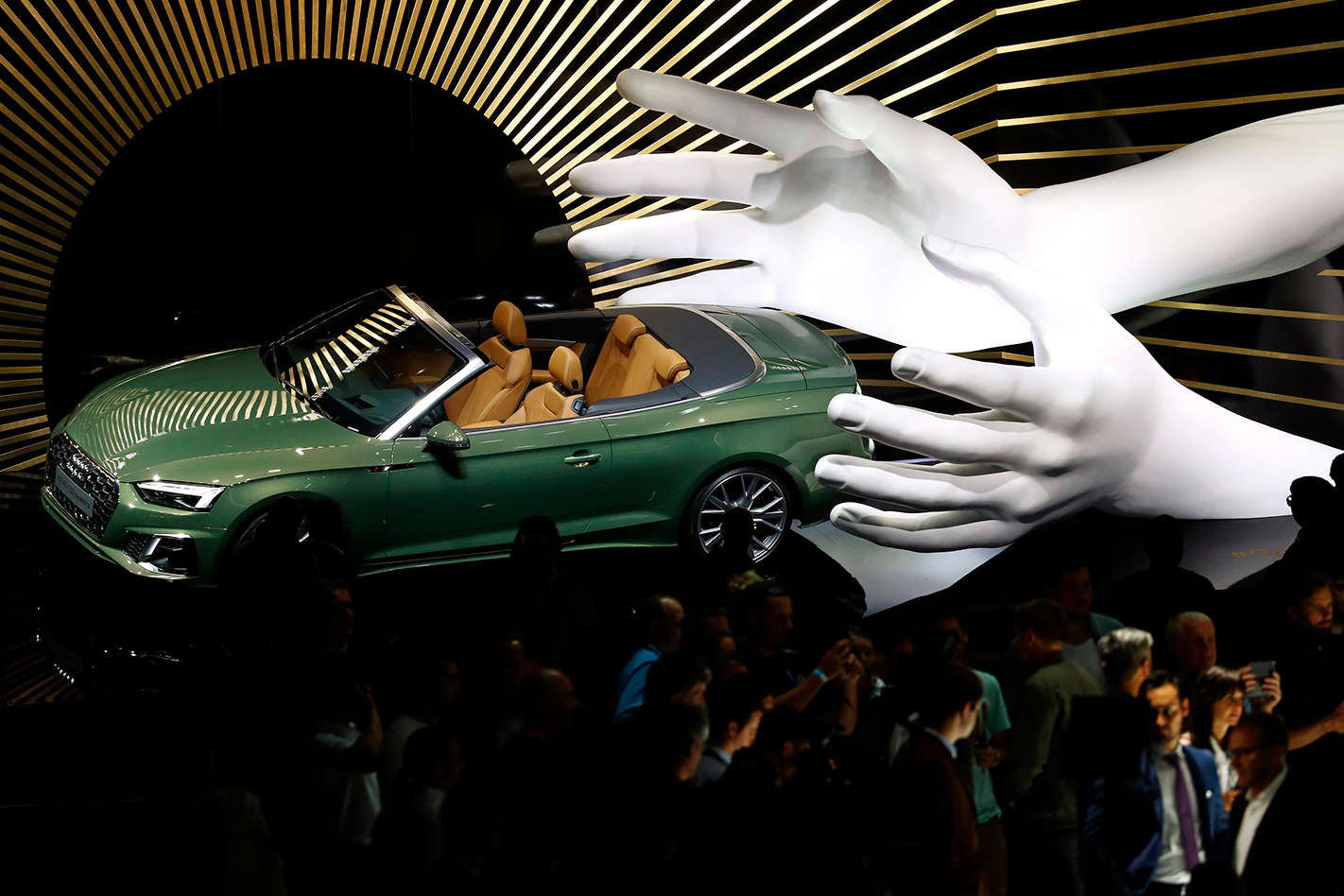
It’s clear that what used to be obligatory attendance by major manufacturers at big-time shows is now past: “If we don’t have a proper unveil for a show, we won’t go,” said Mark Dahnke, a spokesman for Audi USA.
He cites the adoption of a “launch cadence”, and Audi’s conviction that bringing journalists to a one-off event, such as that held for the e-tron SUV in San Francisco in 2018, is the more effective strategy for press attention.
So clearly the abandonment of motor shows has plenty to do with media and message. The era of smartphones, social media, and data mining has many execs believing they’re better off chasing viral marketing moments or, as BMW put it when announcing its withdrawal from Detroit 2019, “exploring alternative platforms and formats.”
So Twitter, Instagram and Facebook feeds replace glitzy reveals, directly addressing the target market, complete with instant, transparent performance metrics.
While money is a consideration – a lavish stand at an international show can cost upward of A$10 million – car makers would spend to the limits of their resources if their messages weren’t competing with a flurry of others.
“If you do have a big reveal at a motor show, the media often doesn’t have enough time to digest properly what you’re getting across,” says Dahnke.
And what about the punter’s point of view? One car enthusiast we spoke to cited a few reasons he would no longer bother going to a motor show: “Usually the cool concepts have already been shown online,” said Andrew Evans, of Sydney.
“And these days there are dealers all clustered together in one major suburban spot; you can walk from dealership to dealership and see every model and see their facilities for service. With no admission fee…”
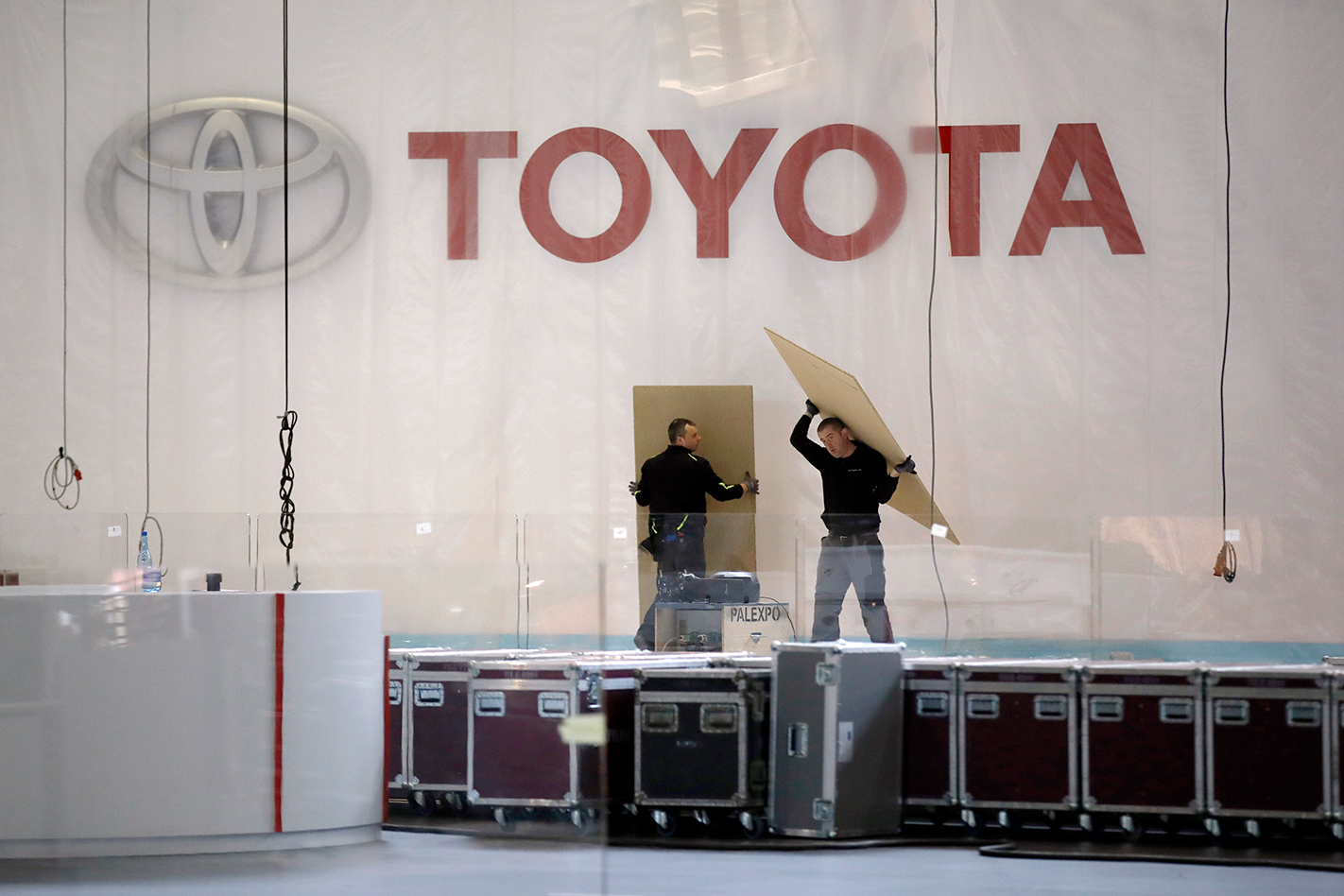
Meanwhile, head of the Paris motor show, Jean-Claude Girot, is facing his own challenges for the biennial event.
In 2018, big-name no-shows included Volkswagen, Ford, Fiat, Volvo, Nissan, Infiniti, Subaru, Mazda and Mitsubishi. Since then he’s faced further pressure, including manufacturers trying to negotiate a lower stand rental.
“I’m not receptive to that,” Girot says firmly. “We are a commercial operation, and we must have profits.”
He did concede that changing the generic formula is a must.
“We have to reinvent – be more inventive, but no less interesting,” he said.
“Smaller booths, perhaps. We have to fight to be better, to show better things to the visitors and press, and to keep the passion.”


